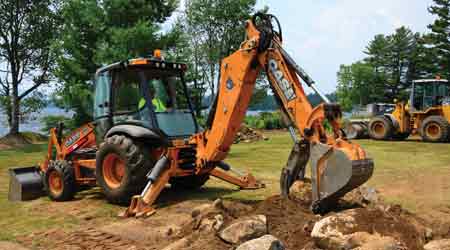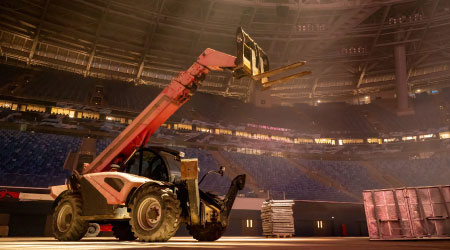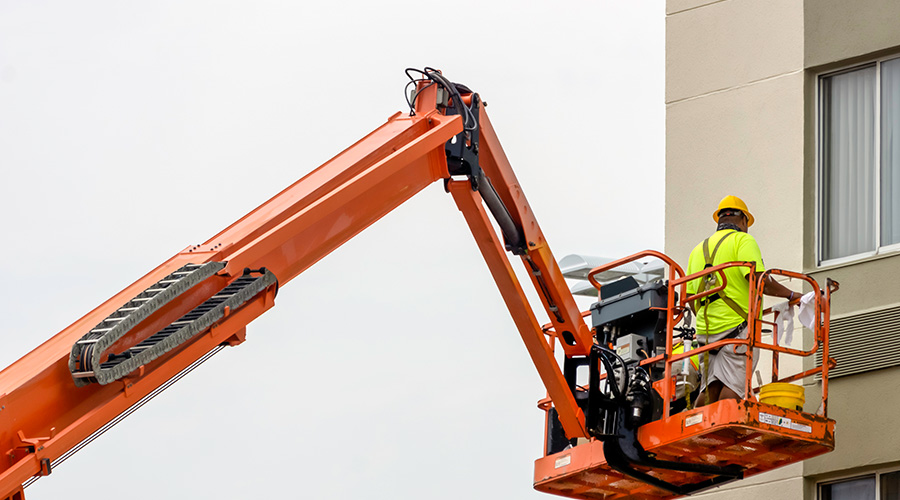 In deciding whether to buy or rent a piece of equipment, managers need to compare the cost to own the equipment over its projected live with the cost of intermittent rentals over that same period.
In deciding whether to buy or rent a piece of equipment, managers need to compare the cost to own the equipment over its projected live with the cost of intermittent rentals over that same period.Equipment Question: Buy or Rent?
Rental options help managers and crews meet the demands of special projects.
Special projects often go beyond the normal day-to-day operations of running an institutional or commercial facility. They tend to have requirements for specialized equipment that might not be part of the inventory of a maintenance and engineering department.
In many such instances, managers turn to rental equipment to meet their needs. Equipment ranging from small, portable cooling systems to large earth-moving equipment is readily available from multiple rental outlets across the country.
While renting might offer the lowest short-term cost; it might not be the best solution in the long run. Renting equipment requires that managers consider a number of key factors before signing an agreement with a particular vendor. Renting and owning each offer advantages and disadvantages, so managers must evaluate these factors with respect to the facility’s current and future needs.
Buy or rent?
The first decision managers must make is whether the most appropriate decision is to buy or rent. In making this decision, it is important that managers carefully consider their situations and needs. Renting brings a lower initial investment, but if the department needs the equipment for a prolonged period of time, owning might prove to be cheaper over the long term. Managers need to make the comparison as to the cost to own over the projected life of the equipment compared with the cost of intermittent rentals over that same period.
Buying equipment often requires a significant capital investment. If the funds simply are not available but the need for the equipment is, managers still might have alternatives to renting. They can lease equipment with an option to buy, which spreads the cost over time. Managers also can consider buying quality used equipment for less money.
Owning a particular piece means that it will be available on site whenever crews need it for a project, while the same might not be true for a piece of rented equipment. But a project might have particular requirements that rental equipment addresses more effectively than equipment the facility already owns, making the rental more cost-effective and appealing to managers.
Managers also must consider obsolescence. Technology is changing rapidly, so most rental companies update their equipment inventory to keep up with these changes. It is not as easy to update purchased equipment.
Managers also must consider the cost of maintenance for equipment they own. Rental contracts spell out the party responsible for maintenance and the maintenance to be performed and when. In the case of rented equipment, there might be split responsibility for maintenance, but in most cases, maintenance is the responsibility of the rental company.
The buy-or-rent decision boils down to a cost-benefit analysis and the availability of funding. Managers need to look at which option is more beneficial to the facility at the time and in the long run to determine the most appropriate option.
Related Topics:














